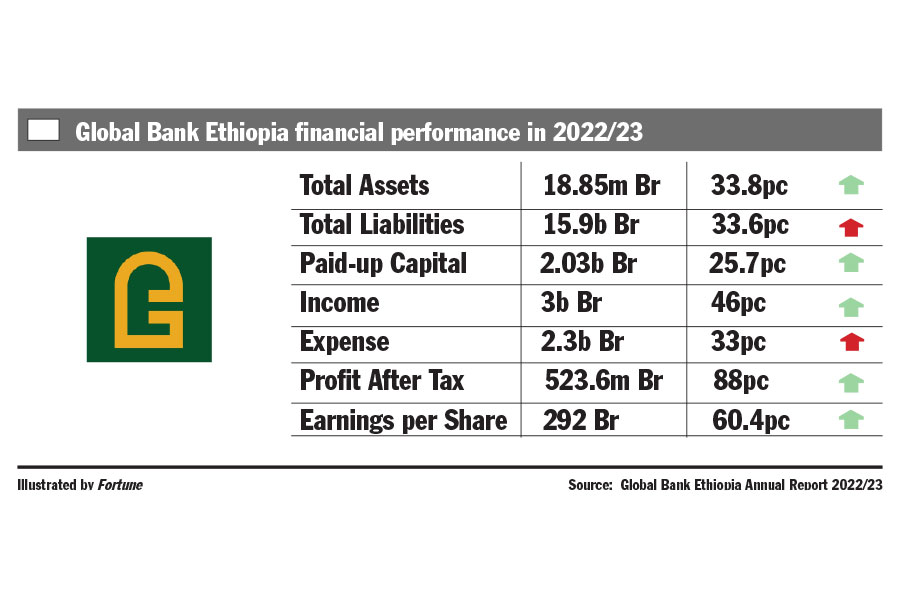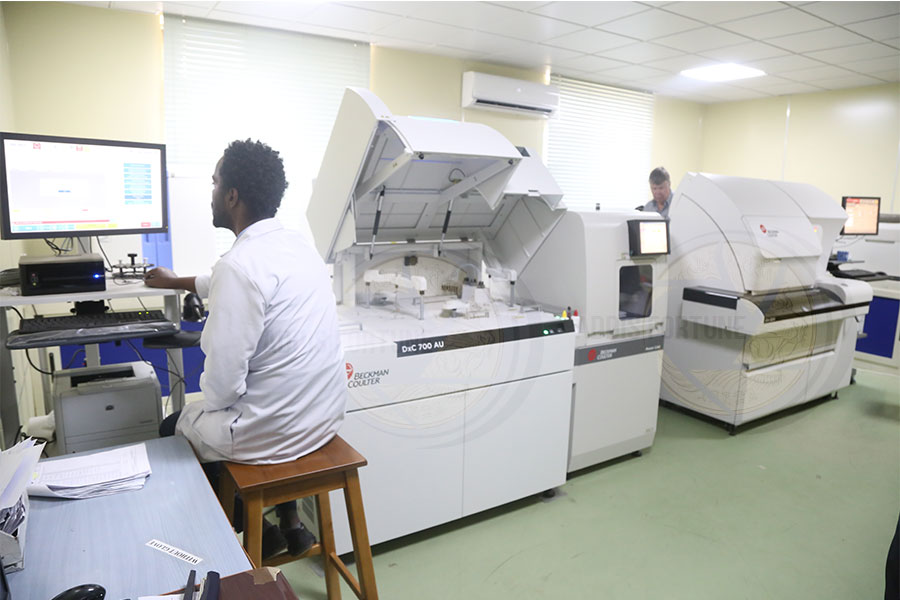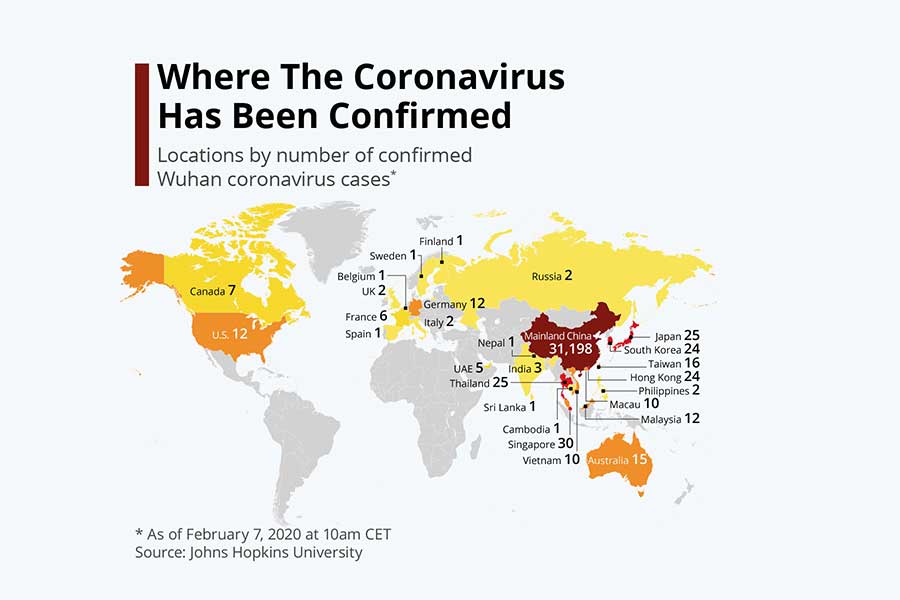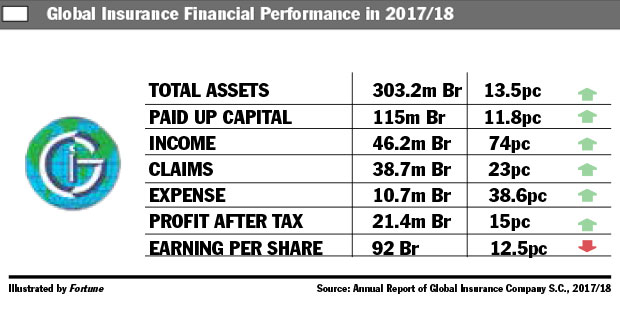
Aug 19 , 2023
By Catherine Colonna
Russia refused to renew the agreements allowing grain exports through the Black Sea. With this unilateral decision made on July 17, Russia chose to put an end to an initiative carried out with the United Nations (UN) and the support of the international community. This initiative benefited the most vulnerable countries and enabled the World Food Programme (WFP) to feed thousands of people in need in Djibouti, Kenya, Ethiopia, Somalia, Sudan and Yemen.
It is the most vulnerable countries, those already bearing the brunt of the consequences of the war in Ukraine, which will pay the heaviest price following the abrupt termination of these agreements. The halt is irresponsible following a terrible year for food security in 2022. According to the UN, 735 million people worldwide suffer from hunger-one person in five on the continent of Africa.
The facts are indisputable.
The end of the Black Sea Initiative will significantly reduce the volume of grains reaching the people who need it most. In one year, the agreements had enabled 33 million tonnes of food commodities to reach 45 countries. The donations announced by Russia, without any precise date and limited to a handful of countries and a few thousand tonnes, represent a tiny fraction of the humanitarian aid the WFP provided through the Black Sea.
This was a small and cosmetic gesture, made on the occasion of a summit, can fool nobody. Russia’s abrupt cessation of the agreements will also lead to even greater volatility in grain prices.
After the record high in March 2022, caused by the launch of the war of aggression against Ukraine, the Black Sea Initiative had enabled food prices to fall by almost a quarter. We had hoped that they would fall for the long term. Instead, prices remain very high. They raised the most yet on July 19 this year; there is a risk that they will go high further in the medium term.
Who benefits from this rise?
Russia and its agricultural sector, which wants to enrich itself at the expense of the most disadvantaged, and whose exports, despite what Moscow says, are not subject to any sanctions. Russia is hoping to set a record, building up stocks and harvests to sell more at higher prices. The rest of the world will suffer from its decisions.
Actions also speak for themselves.
Ukraine, a country at war, part of whose territory is illegally occupied and whose people are being bombarded every single day, managed to take action to support global food security. It launched the "Grain from Ukraine" humanitarian initiative to help the most vulnerable countries in Africa and Asia.
In contrast, Russia is deliberately bombing the ports of Odesa, Mykolaiv, and Chormonorsk. It is destroying grain silos and firing at civilian ships. In so doing, it has openly violated international law. It is also driving up grain prices on the markets after each of its attacks, destroying and preventing the transit of reserves that were going to the WFP and, therefore, to the people who are suffering the most.
Russia has sunk to a new low, turning hunger into a weapon of political coercion. Once again, as it has been doing constantly for the past year and a half, Russia continued to violate an elementary principle of common morality.
What are its objectives if not to weaponise food?
In the face of Russia's cynical weaponisation of food, France and its European partners have chosen the path of responsibility and international solidarity.
At the national level, France has mobilised over 840 million euro in food aid over the past year, including almost 250 million euro in emergency aid to help the populations most affected. It contributes to the "Solidarity Lanes" set up by the European Union (EU), which have enabled the export of more than 38 million tonnes of grain from Ukraine by road, rail and river.
While Russia has reduced its contribution to the WFP, France has stepped up its financial and material support to get grain and fertilisers to the countries that need them most. France will continue its efforts, hosting the Global Ministerial Meeting of the School Meals Coalition in October to ensure that children in developing countries are fed and can go to school.
Paris was also the venue of the Summit for a New Global Financing Pact, held in June this year, which generated new momentum for solidarity with developing countries in the face of poverty and climate change.
France will work tirelessly with its partners to ensure that those who need food the most can eat as they should. We, at least, will remain true to our principles.
PUBLISHED ON
Aug 19,2023 [ VOL
24 , NO
1216]


Viewpoints | Oct 09,2021

Fortune News | Jun 08,2019

View From Arada | Feb 08,2020

Viewpoints | Apr 06,2019

Fortune News | Aug 31,2020

My Opinion | 131590 Views | Aug 14,2021

My Opinion | 127946 Views | Aug 21,2021

My Opinion | 125921 Views | Sep 10,2021

My Opinion | 123545 Views | Aug 07,2021

Dec 22 , 2024 . By TIZITA SHEWAFERAW
Charged with transforming colossal state-owned enterprises into modern and competitiv...

Aug 18 , 2024 . By AKSAH ITALO
Although predictable Yonas Zerihun's job in the ride-hailing service is not immune to...

Jul 28 , 2024 . By TIZITA SHEWAFERAW
Unhabitual, perhaps too many, Samuel Gebreyohannes, 38, used to occasionally enjoy a couple of beers at breakfast. However, he recently swit...

Jul 13 , 2024 . By AKSAH ITALO
Investors who rely on tractors, trucks, and field vehicles for commuting, transporting commodities, and f...

Jun 28 , 2025
Meseret Damtie, the assertive auditor general, has never been shy about naming names...

Jun 21 , 2025
A well-worn adage says, “Budget is not destiny, but it is direction.” Examining t...

Jun 14 , 2025
Yet again, the Horn of Africa is bracing for trouble. A region already frayed by wars...

Jun 7 , 2025
Few promises shine brighter in Addis Abeba than the pledge of a roof for every family...

Jun 29 , 2025
Addis Abeba's first rains have coincided with a sweeping rise in private school tuition, prompting the city's education...

Jun 29 , 2025 . By BEZAWIT HULUAGER
Central Bank Governor Mamo Mihretu claimed a bold reconfiguration of monetary policy...

Jun 29 , 2025 . By BEZAWIT HULUAGER
The federal government is betting on a sweeping overhaul of the driver licensing regi...

Jun 29 , 2025 . By NAHOM AYELE
Gadaa Bank has listed 1.2 million shares on the Ethiopian Securities Exchange (ESX),...